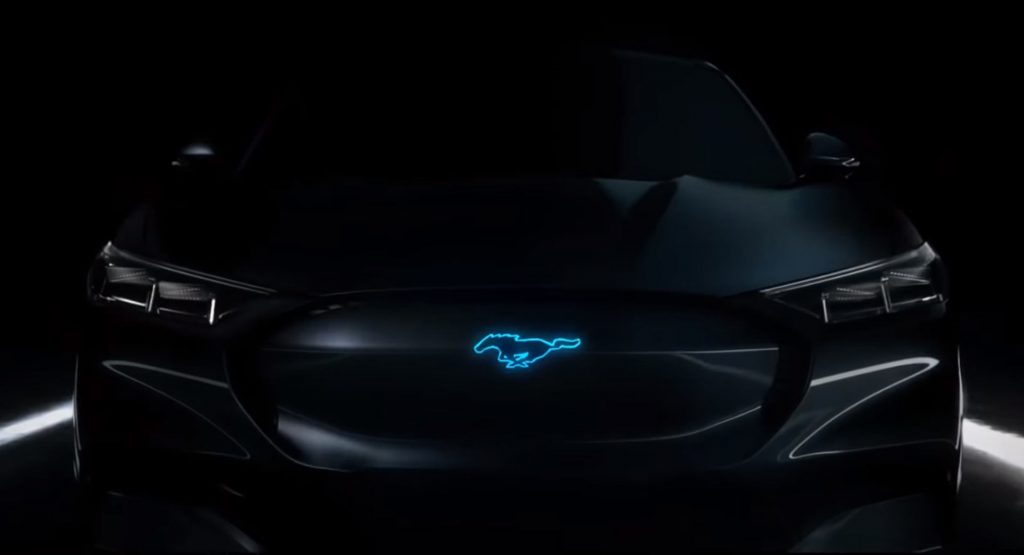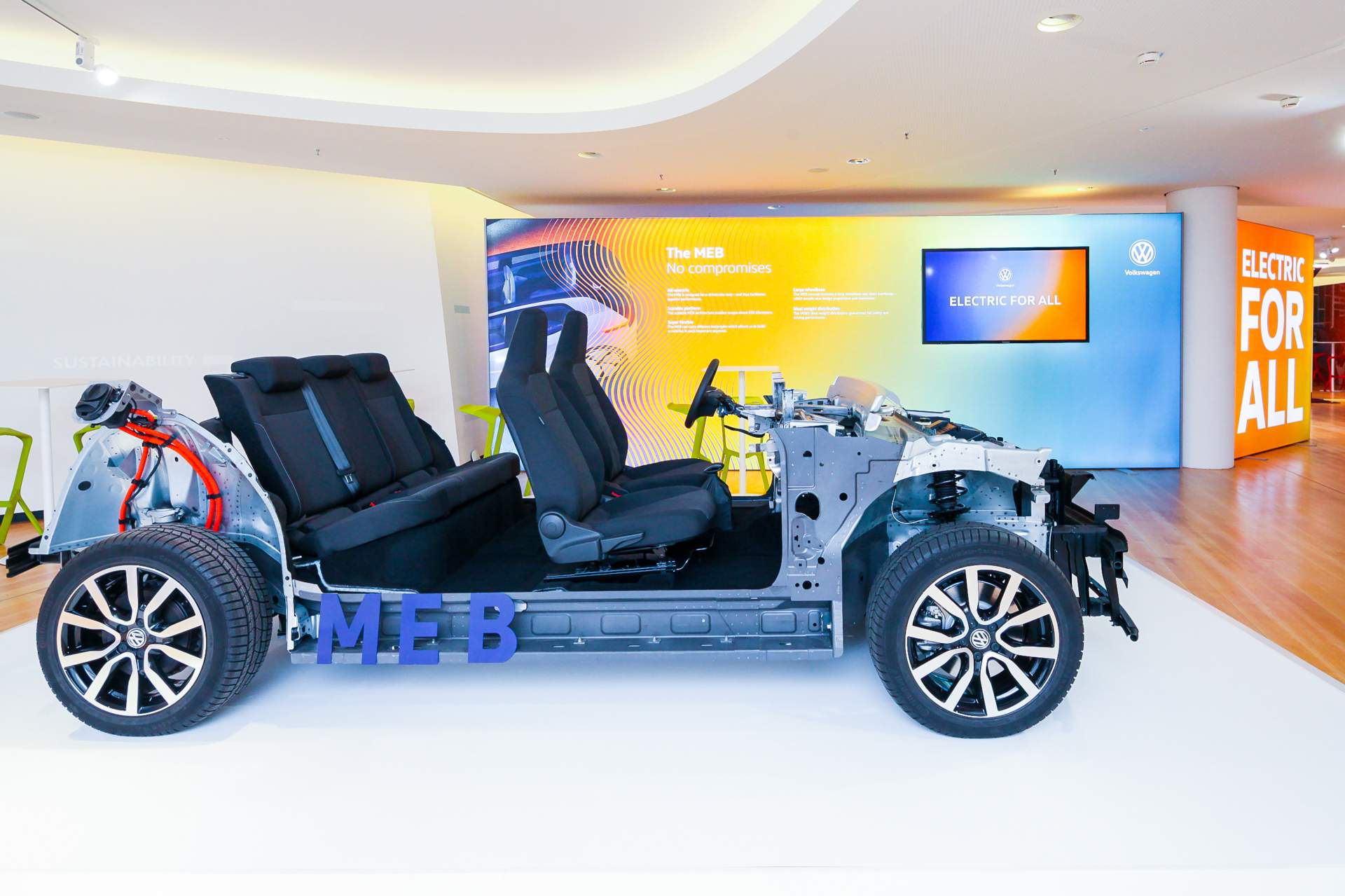Ford’s electric vehicle lineup is looking pretty sad these days as your only choice is to pick up one of the few remaining Focus Electric models that are only available in a handful of states.
The model never caught on with consumers and Ford wasn’t even particularly thrilled about it as company’s global director of electrification, Ted Cannis, effectively called it a compliance car that’s “not too exciting.” It’s not hard to understand way the model was such a failure as the 2016 Focus Electric had a range of just 76 miles (122 km). Ford eventually installed a better battery pack, but even that couldn’t make the Focus Electric competitive as the range was just 115 miles (185 km) according to EPA estimates.
Ford’s Mustang-inspired electric vehicle promises to fix the Focus’ many shortcomings, but the company hasn’t reveal much about the crossover and it already faced backlash after hinting it could be called the Mach 1. Aside from a few teasers, little is known about the model except that it will be launched in 2020 and have a range of approximately 300 miles (483 km).
It’s one of 16 new electric vehicles the company is working on and all of them are slated to arrive by 2022. While Ford is obviously pretty invested in EVs at this point, Volkswagen CFO Frank Witter suggested their partnership talks with Ford could result in the Blue Oval getting access to the company’s MEB platform which has been specifically designed for electric vehicles.
As Automotive News reports, Witter said “Whether we might provide access to other brands outside of the VW Group is theoretically possible, but there is no decision.” That leaves the door open for Ford to use the platform, but that’s far from certain at this point.
It also remains unclear if Ford would even be interested in using the MEB platform as the company’s own electric vehicle program is pretty advanced at this point. However, access to the platform could provide Ford with a quick and affordable way to bring electric vehicles to market.






